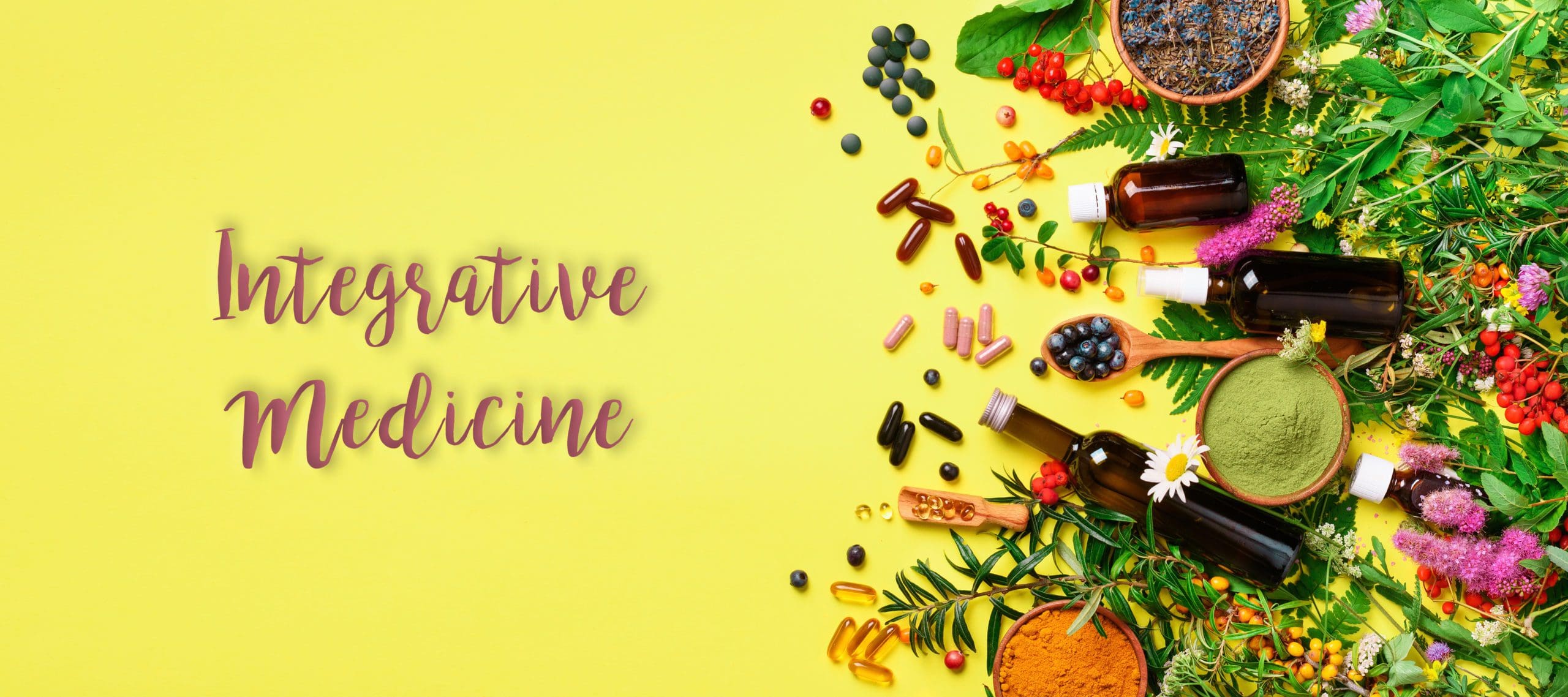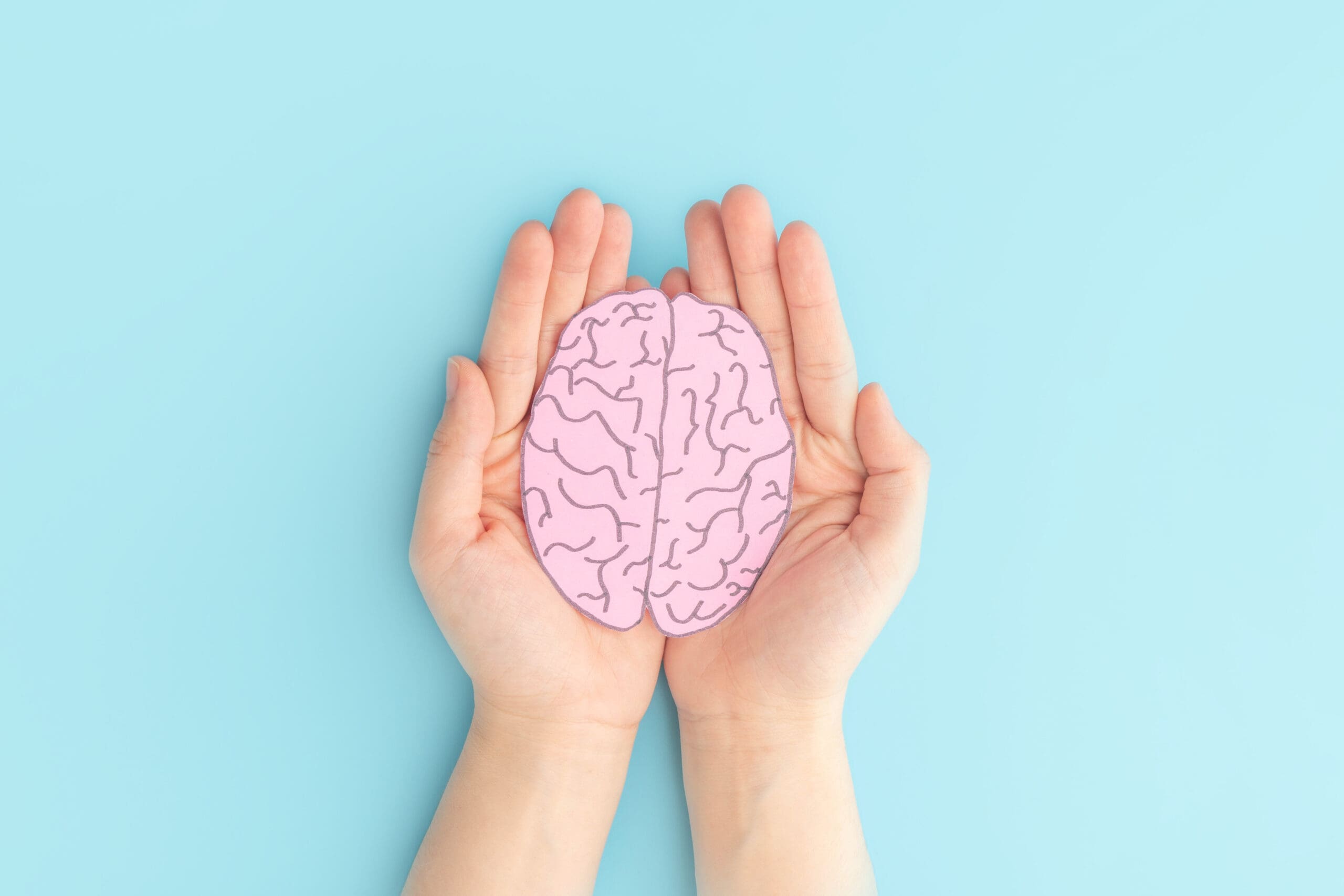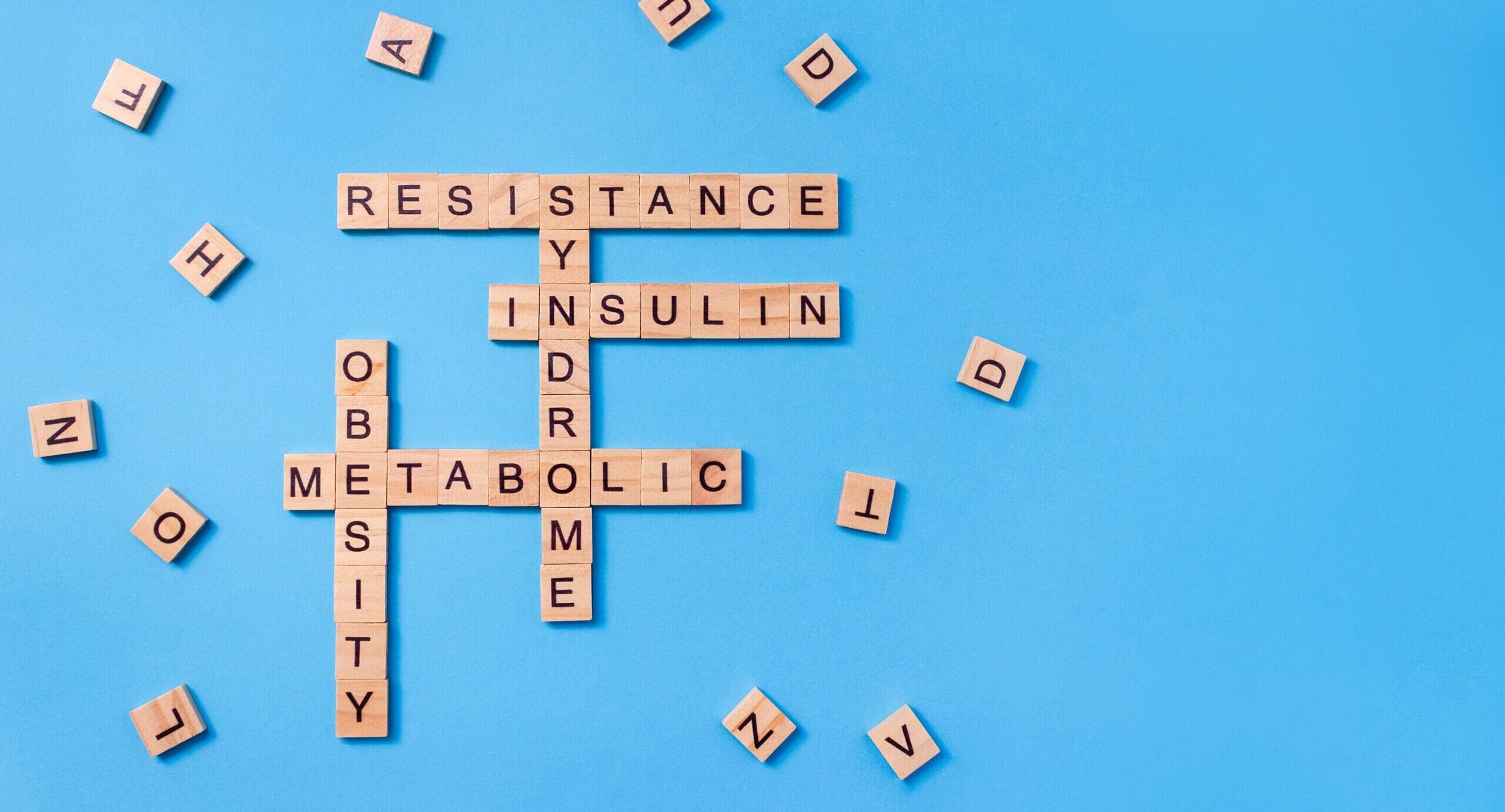Integrative Medicine
By Dr Sandra Cabot
What is it?
Integrative medicine is a combination and synthesis of conventional medicine (for example drugs, surgery, and modern diagnostics) with natural medicines and lifestyle modification.
Integrative medicine is not the same as alternative medicine because in many cases drugs and/or surgery are best used in combination with naturopathic medicine. Integrative medicine is a combination of conventional medicine and naturopathic medicine and works out a designer program to best suit the individual patient.
Integrative medicine looks at the patient as a whole and not as one disease. It looks at how a disease can be caused or aggravated by the interaction of several poorly functioning body systems.
Conventional medicine in comparison tends to separate or compartmentalize diseases – for example if you have a thyroid disease, you will be sent to a specialist endocrinologist who only considers the thyroid and its thyroid hormone. This specialist will usually not consider that the function of your liver and gut are important in the cause of your thyroid problem – but this is vital. Another example of modern conventional medicine is that if you have a neurological disease, such as Parkinson’s disease or Dementia, you will be referred to a specialist neurologist who will not consider if you have a leaky gut which can cause a leaky blood brain barrier which causes brain inflammation. They will concentrate on your brain and not on its interaction with other organ function.
Conventional medicine in general is targeted to suppressing the symptoms of disease using drugs like antibiotics, anti-inflammatories, steroids, biologicals, statins, antihypertensives, and blood sugar lowering drugs etc. This strategy is not focused on treating the cause of the disease.
In comparison an integrative doctor or a naturopathic doctor will be focused on finding underlying factors that caused the high blood pressure, high blood sugar and high cholesterol.
Integrative medicine uses treatment tools from the best of both worlds of medicine to achieve a holistic result. In general, the tools of natural/nutritional medicines have a lower risk to benefit ratio compared to using drugs.
The divide between Conventional and Naturopathic Medicine
It comes down to perspective and training and some doctors have very little experience in nutritional medicine and do not feel confident to use it. There is a huge amount of good research on the use of supplements to treat diseases, but many doctors are so busy or so specialized that they are unaware of the research. They may think that nutritional medicine is unscientific because of this.
In many countries the government health departments restrict severely what nutritional supplement companies can say about the benefits of their products in treating disease. This is even though there is good research. Drug companies and governments have politized medicine and this creates fear and confusion for consumers and some doctors. This has happened since the mid-1990s. The media publishes and broadcasts “politically sanitized” information which can be restrictive and incorrect. Trust your own judgment.

Golden Rules for integrative medicine success
Don’t Panic
If you are diagnosed with a disease that is not an acute emergency, don’t panic. Take time to look at all your options and get several opinions. I have seen patients panic and rush into risky diagnostic procedures that went wrong or start on drugs that take a long time to get out of the body. They could have taken a more relaxed and effective holistic approach.
Be Patient
Integrative medicine often takes longer to show results than drugs that suppress symptoms. It may take 3 to 6 months before you feel a lot better, and your pathology results show improvement.
Be Regular
I find that some patients feel a lot better after using nutritional medicine and then they stop taking their supplements and return to an unhealthy diet and lifestyle. Predictably they become unwell again.
Trust your Gut
If you are diagnosed with a disease and offered a procedure or drug that you do not feel comfortable about do some research and/or seek another opinion. Internet blogs and videos are a good resource.
Be your own Clinical Trial
If you do not believe that nutritional medicine can improve, heal or reverse your disease, then that’s fine, but if nothing else is working, why not give it a go? I like the saying “suck it and see”.
Follow a holistic protocol of supplements, healthy diet, and some exercise for 3 to 6 months and then ask yourself “Am I feeling better?” and “Are my lab results better?” If the answer is yes, then you have proven by the clinical trial of your own body that your protocol works.
You do not need blind faith; you need real experience. It is disappointing that some doctors do not take much notice of their patient’s amazing improvements from naturopathic medicine. I wish they would get excited!
Don’t let fear slow down your progress
I have had patients who are terrified of their diagnosis and think about it all the time resulting in extreme anxiety. This will cause your adrenals and brain to malfunction slowing down your healing. Your body is programmed to heal itself if you give it the right tools. The guidance of an integrative doctor or properly qualified naturopath will reduce your anxiety.
Learn to still your mind and stop thinking too much. A simple technique is to sit down in a quiet place, close your eyes and breathe slowly and deeply and concentrate on your breath. When you breathe in feel your strength and when you breathe out let the stress go. If thoughts come shoo them away and focus on your breath and feel its healing power. You will be amazed at how your chatter box mind is going blah blah blah about things that don’t really matter. This technique will relax you and make you feel more in control of your mind.
Don’t avoid conventional medicine
I had a patient who did not believe in doctors and had not had a medical check-up for 30 years. Indeed, she did not like doctors! One day she said to me “I have a backache from lifting boxes.” I replied, “Hop up onto my exam couch please”.
Unfortunately, I discovered she had massive lumps in her abdomen which turned out to be advanced uterine cancer. She was only 52 when she died. Always have your check ups even if you don’t believe in drug orientated medicine.
Interesting case histories of integrative medicine
Learning from our patients
Nobody knows everything and I have learnt a lot from listening to my patients! I was treating a middle-aged woman for osteoporosis with a high dose vitamin K and D supplement. She was intolerant to the conventional osteoporosis bisphosphonate drugs. After 6 months she returned for her follow up visit and was very happy and told me “Dr Cabot, you have cured my vertigo!” I did not know she had vertigo. I scratched my head and had a light bulb moment and realized that vitamin K not only helps the minerals to strengthen the skeletal bones, but also helps to arrange correctly the mineral crystals in the inner ear. I have used vitamin K and D to successfully treat vertigo for years since that visit.
Always consider the liver
I saw a man in his 50s who was having glutathione and vitamin C infusions for long Covid, but he was not improving quickly enough. I diplomatically pointed out to him that his large protuberant abdomen was indicative of a fatty liver and ordered an ultrasound scan of his abdomen. The scan showed a moderately severe fatty liver. I explained to him that fatty liver will not only greatly increase the risk of dying from acute Covid infection but will also make long Covid much more severe. With my recommendations, after 6 months he had lost a lot of weight, reversed his fatty liver and recovered his health.
Summary
In the 21st century we have lifestyles far removed from the way our ancestors lived with nature and most people are nutrient deficient and have toxin accumulation. This is why integrative medicine has come of age. I was a pioneer back in the 1970s and copped a bit of flack from some colleagues at that time which was character building. These days there is so much evidence for nutritional medicine and the ideal would be to see conventional doctors working closely with integrative doctors and naturopaths.
It would be easy if the doctor could just heal you quicky with a magic pill but that’s unlikely. You would not have to do anything. Not everyone wants to improve their diet and lifestyle or take supplements and I respect that. You do not have to spend a fortune on large amounts of supplements or give up all your treats. Life can be stressful, and we like our comforts. But integrative medicine is powerful and little steps can make a huge improvement.
The greatest healer is the self and integrative medicine gives you that chance and requires YOU to be a participant. It is wonderful to feel healthy and energetic especially as you get older and realize we are running out of time.
References
Richard Gannotta, et al, Integrative Medicine as a Vital Component of Patient Care
Cureus. 2018 Aug; 10(8): e3098., Published online 2018 Aug 4. doi: 10.7759/cureus.3098
Selenium and Viral Diseases: Facts and Hypotheses, Chem-Biol Interact,1994; 91: 199-205.
Kiremidjian-Schumacher L, et al: Regulation of cellular immune response by selenium. Biol Trace Elem Res, 1992; 33: 23-35.
Turner RJ,: Selenium and the immune response. Proc Nutr Soc, 1991; 50: 275-285.
Dworkin BM, et al, Selenium deficiency in the acquired immunodeficiency syndrome
J Parenter Enteral Nutr, 1986; 10: 405-407.
R. Atkuri, et al, “N-Acetylcysteine–a safe antidote for cysteine/glutathione deficiency,” Current Opinion in Pharmacology, vol. 7, no. 4, pp. 355–359, 2007.
Dinicola et al, “N-acetylcysteine as powerful molecule to destroy bacterial biofilms: a systematic review,” European Review for Medical and Pharmacological Sciences, vol. 18, no. 19, pp. 2942–2948, 2014.
Yamada, N. et al., “N-Acetyl cysteine as an osteogenesis-enhancing molecule for bone regeneration,” Biomaterials, vol. 34, no. 26, pp. 6147–6156, 2013
Zafarullah, et al, “Molecular mechanisms of N-acetylcysteine actions,” Cellular and Molecular Life Sciences, vol. 60, no. 1, pp. 6–20, 2003.









Very interesting read from Dr.Cabot.